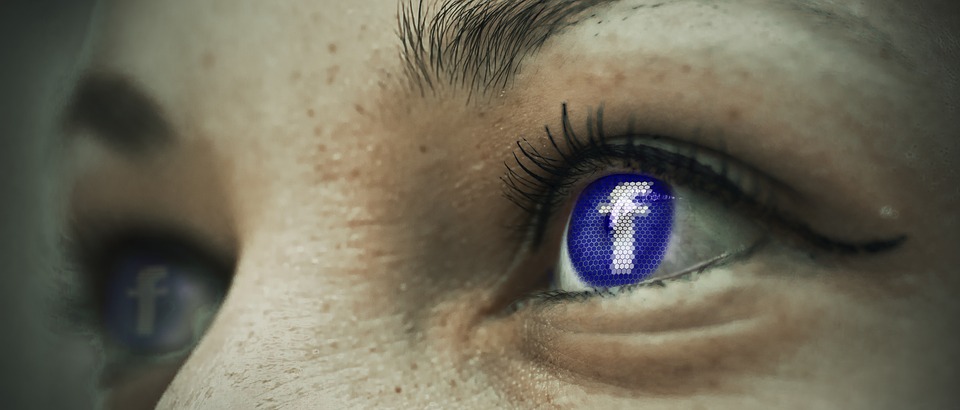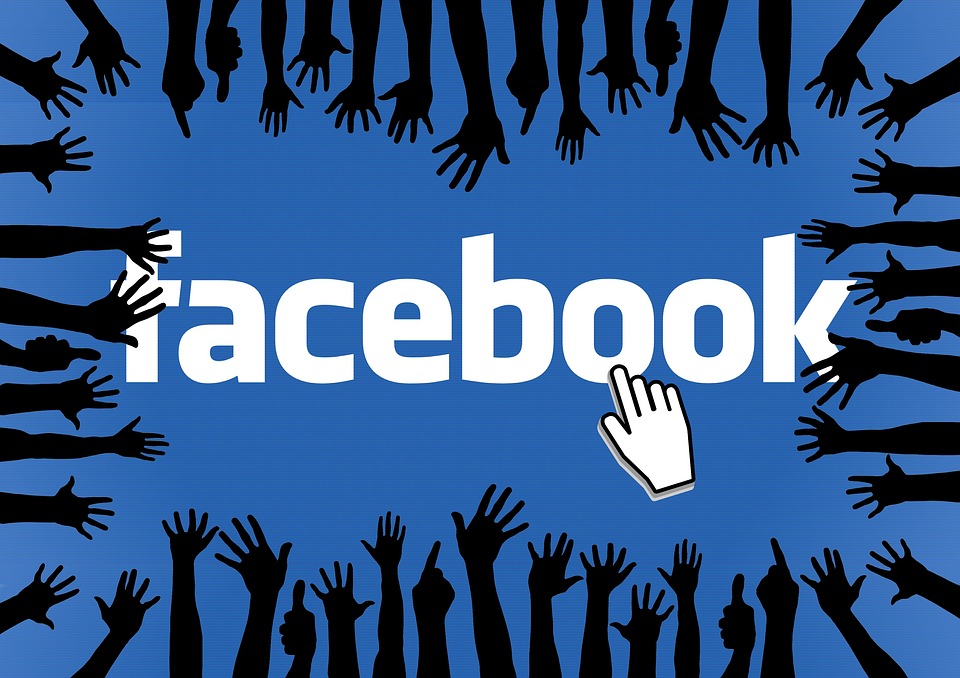Facebook Claims to Put an End to Clickbait

image credit: geralt via pixabay.com
When email was the newest thing in the internet era, people were pestered (and still is) by notorious spam mail. From ‘fake viagra’ to ridiculously cheap deals and offers, these exaggerated ads have filled our inboxes like crazy. In a Sophos Cyberoam Report released last 2014, more than 54 billion spam messages were being sent everyday.
But as social media started to rise, another form of nuisance has pestered internet users through the form of ‘clickbait’. The term is loosely defined as a form of internet content that entices people to click on a link and visit a website. When asked to be defined by Google, ‘clickbait’ means: “(on the Internet) content, especially that of a sensational or provocative nature, whose main purpose is to attract attention and draw visitors to a particular web page.”

image credit: geralt via pixabay.com
The Issue with Buzzfeed
Buzzfeed, an internet content portal that harvests articles from around the web, has defended itself from engaging in such act. According Ben Smith, clickbait has existed far long before the internet was born. In those days when TV hosts used to say “You won’t believe what will happen next!” The act of withholding information according to Smith, is the nature of clickbait. It will try to tease readers with lines that are provocative or unbelievable. And the sad part is, when one falls for that bait, they see a totally different or remotely similar story.
Buzzfeed was clear to point out that their titles did not withhold information and that the articles related are really what they are. They did not create a ‘curiosity gap’ in their headlines. The lists that BuzzFeed has long been known for are, as list titles tend to be, extremely direct; ‘31 Genius Hacks For Your Elementary School Art Class’ is just that,” Smith wrote.

image credit: tumisu via pixabay.com
Facebook’s aim against clickbait
On the social media side, Facebook is on a campaign to permanently stamp out click bait articles on their News Feed. In a release from the Facebook Newsroom, the social media site wanted the News Feed stories to be more genuine and authentic. Though Facebook has already been working on measures to reduce clickbait, it has made bigger improvements in the News Feed as of recent. To better eliminate it though, Facebook said it “categorized tens of thousands of headlines as clickbait by considering two key points: (1) if the headline withholds information required to understand what the content of the article is; and (2) if the headline exaggerates the article to create misleading expectations for the reader.”
The consequences of pages consistently posting clickbait stuff will have their content appear lower in the News Feed. But if the clickbait stops, so does the change in their positioning in the News Feed. In a way, this has in implication to content publishers as they have to be more careful now in constructing their headlines. The President of Hearst Magazines Digital Media for example, has expressed his thoughts on the issue by saying, “pray to the Facebook gods and open up a goat and spread the entrails over the table to figure out what’s the right way to construct a headline.”
However, Facebook believed in the benefit of improving the experience of Facebook users. There are claims that revenues may go down with the new algorithm of Facebook, but legit publishers will find this to their advantage. “Legitimate publishers will welcome the change, as they likely had their content buried by the noise of clickbait stories,” said Cindy Zhao of Constellation Research.
In the end of it all, clickbait is considered a form of fraud. And it is the advertising industry that takes the punches for it. More than US$7 billion of revenues are lost according to the Association of National Advertisers.